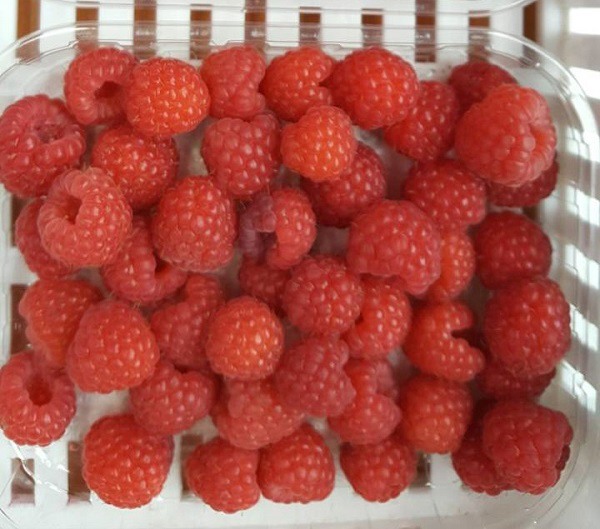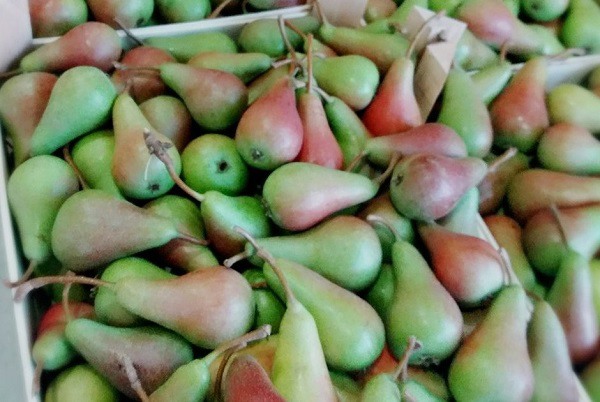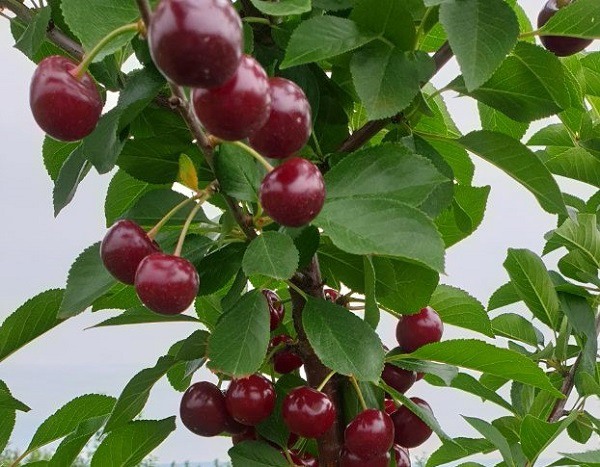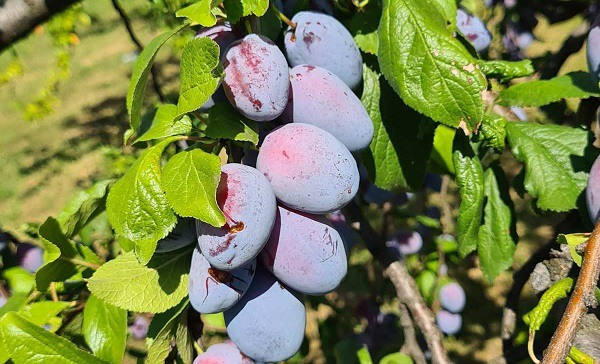While the gaze of many blueberry traders and producers is directed at Chile, Spain, and especially Peru, an increasingly attractive market is developing in Serbia. Thus, it is not only the European neighbors but also overseas traders who are showing interest in Serbian production, Anneliese Vollweiler of Anevo Trading from Erlangen tells us. She spoke about the peculiarities of Serbian production.

Exploding prices of Serbian products
"Prices have just exploded and are higher than ever before. In 38 years in the fruit trade, especially frozen fruits have never been so expensive. IQF raspberries of the Willamette variety are supplied at 6.00 EUR/kg to German industry and bakeries, and the price is even higher for retailers. IQF blackberries were at 1.00 EUR/kg in 2020, today 3.80 to 4.00 EUR/kg for industry and bakeries. Plums are available, but 30% more expensive at around 1.00 EUR/kg, while apricots are about 2.00 EUR/kg," Vollweiler says.
Furthermore, Vollweiler points out that while this year's weather extremes have also greatly affected international production. Smaller farms have received support, for example, from the Serbian state itself, from the EU - IPARD funds - and from US AID. Generally speaking, living conditions in Serbia are noticeably better than in some neighboring countries in the Balkans. "The high price levels in Serbia and the Balkans are also transferred to the prices in Poland and Ukraine. In general, there is also less product. Many cold stores, especially the smaller ones, want to stop production at the end of the year," Vollweiler said.

Pressure from electricity and gas pricing increases
He added that an increase in electricity prices is expected in 2021/2022. The pandemic prevented a price increase in 2020, he said, "but, as Serbia seeks EU maturity as a candidate for EU membership, both a CO2 tax must be expected and the general gas price increase must be shared," he said. Workers' wages have also increased and Corona has led to losses, especially among workers in cold storage, where Covid viruses are very comfortable. The number of workers available has shrunk quite a bit as a result."
Big gains for Poland and Ukraine
Anevo Trading's managing director cited the forest fires in the U.S. and poor harvests from Chile as reasons for the intense interest from the U.S. in European soft fruits. "Polish raspberry varieties, e.g. Polana, which are also cultivated in Ukraine, should be mentioned here as well. Qualitatively, the Willamette variety from Serbia is the best, yet the highest prices are also paid for Polish/Ukrainian varieties - but an overall price about 15-20% lower."

Future developments
Vollweiler believes prices could fall, as she suspects a cycle will occur in three to five years. Many investors from outside the industry, such as construction, are investing primarily in blueberry plantations, hoping for the highest prices. Too much supply will depress prices and plantations will go wild. This has already been observed in the past with blackberries and raspberries.
That aside, Anneliese Vollweiler also sees new ways of cultivation that address these and other problems: "In the future, we will see more and more greenhouses in addition to outdoor crops. In Styria, for example, a large geothermal plant with almost 30 hectares of glass and plastic greenhouses is used primarily to produce vegetables, with the help of the heat from the water from the so-called "thermal line" that runs through eastern Austria. This means that vegetables and sensitive fruits such as strawberries can be delivered to food retailers all year round and ripened to perfection in an environmentally friendly manner.

New stone fruit varieties
"For fresh produce - especially stone fruit - it has to be said that, similar to France, new varieties are being tried out that can cope with global warming and yields can improve again," Vollweiler says. "At the moment, we are preparing a new project for the German and Austrian markets that is aimed in this direction. Among other things, soil samples are being analyzed, water availability for irrigation, hail and sun protection costs, and calculations are being made."
For more information:
Anneliese Vollweiler
Anevo Trading GmbH
Fraunhoferstraße 16
D-91058 Erlangen
Tel (Deutschland): +49 (0) 170 581 79 70
E-Mail: [email protected]
Web: www.anevo-trading.com
